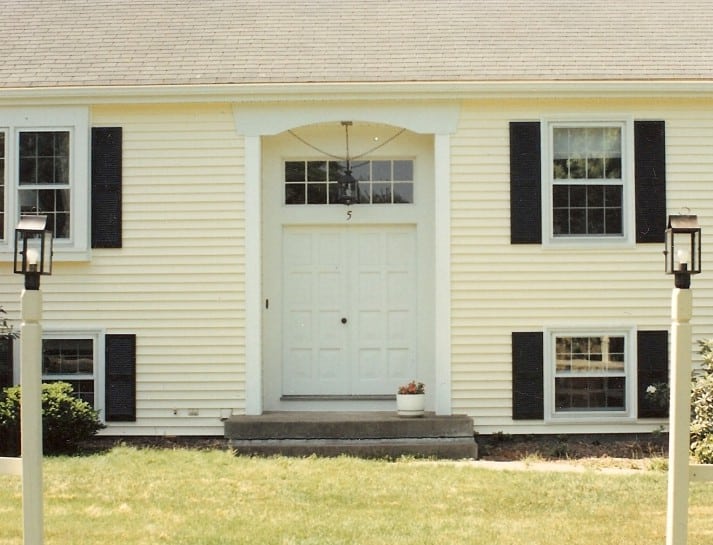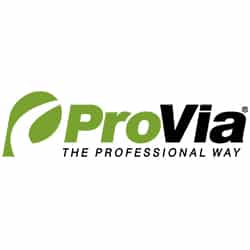Should I Choose a Home Equity Loan or Home Equity Line of Credit Near Me
If you’re a homeowner who wants to borrow against the equity in your house, there are two main ways you can do this: a home equity loan or a home equity line of credit. There are many reasons you might want to borrow that money, such as if you have plans to repair, renovate, or add on to your home. Maybe you have a big expense coming up (such as someone in your household attending a college or other school) or you want to consolidate several high credit card balances.
But what is the best way to handle this situation? “Should I choose a home equity loan or home equity line of credit near me?” The good news is that if you’re considering this question, we can help. Central Willamette Credit Union is your neighbor with the know-how about what option best fits you. We hope to be a local resource so you can feel confident in your decision, whether you choose a home equity line of credit or a home equity loan.
Some things to consider before you move forward with either option: an advantage is that since your home is the collateral, it’s considered less of a risk to your lender, and therefore the interest rates tend to be very low.
However, the disadvantage of taking out a second mortgage or using a HELOC is that if you’re unable to pay back the balance, the bank can take your house. Be sure that these extra payments are within your budget.
Let’s look at the differences between a home equity line of credit and a home equity loan.
Home Equity Line of Credit
A home equity line of credit (HELOC) taps into the equity in your house. Once you’ve bought your house, you can use the equity you’ve built up in it to access cash for these large expenses. Equity is the difference between your home’s value and your mortgage balance: essentially what you’ve paid is still considered your money, even if the bank or another financial institution is holding on to it.
How a HELOC Works
A HELOC is used sort of like a credit card. When you use a HELOC, you’re drawing that money from your equity with the understanding that you’re going to pay it back. You don’t have to take it out in a lump sum. Rather, the money is available for a set amount of time, and you can take from it when you need it. The draw period can vary but is often around 10 years, during which you can draw on that money as often as you like. After that period, you can apply for an extension, or if you’ve used the money the way you wanted, you can start making payments on the principal and interest until the balance disappears.
The money can be accessed in several ways—you can write checks, use an online transfer, or use a credit card attached to your account. Interest rates can be variable, though there are some lenders who fix their rates for a certain amount of time when you first start using the line of credit.
If you decide to go this route, make sure to ask your bank or credit union whether there’s a minimum withdrawal. For instance, if you decide you need to take out $750 but the minimum withdrawal is $1,000, you need to be prepared for that extra $250 and factor it into your vision.
A home equity line of credit is an excellent source for emergency funds since it’s more flexible than a home equity loan. Also, if you don’t use all the funds in the line of credit, you aren’t charged interest on the funds you don’t use. Therefore, if you have equity in your home and you need cash, this could be a good option for you.
Make Sure Your Financial Institution Offers HELOCs
Some large banks (starting with Wells Fargo and JPMorgan Chase) have announced application freezes on new HELOCs this year. Customers who already have them are not affected by this, but if you’re considering looking into this option, the first question you should ask is whether your financial institution is accepting these applications. And it’s another reason to consider your local credit union.
Home Equity Loan
A home equity loan (sometimes called a home equity installment loan, or a second mortgage) is less drawn-out. You’ll receive the loan in a lump sum, with a fixed interest rate for the full length of the loan term. A great advantage of a home equity loan is that the interest you pay on the loan is tax-deductible. There are the same expenses here as when you first applied for your mortgage: there will be an appraisal, an application fee, attorney’s fees, and a title search.
Once you have calculated the equity in your home, you’ll be able to borrow back on a combined loan-to-value ratio of your home’s appraised value. That means you’ll usually be able to borrow 80 to 90 percent of your home’s value. However, your lender might offer a higher interest rate if your credit score and payment history have some hits against them.
Just like your initial mortgage on your house, once you have a home equity loan, you pay a set amount every month for the duration of the loan term. The best reason to take out a second mortgage is if you’re completing renovations that will increase the value of your home.
Another reason people take out second mortgages is so they can consolidate high credit card debt. It can help decrease your interest rates, but once you fold that credit card debt in, you must be sure you don’t run it up again.
Be Aware of the Risks
The risk here is simply that if your real estate values crash, you could end up owing more than your home is worth, what is often called being “underwater” on your home. And if you can’t pay back the money you owe on your home, the bank is within its rights to take your home back and sell it to settle the debt on it.
Of course, if you’re looking for resources on either one of these loans near you, look no further than Central Willamette Credit Union. We’re local and we know what the housing market and interest rates are like in our community. Contact us today and we can answer your questions.
GET A FREE ESTIMATE
HOMES, IMPROVED
SERVICE AREAS
Avon
Weston
Bristol
Burlington
Canton
Farmington
Glastonbury
Granby
Manchester
Newington
Simsbury
South Windsor
Suffield
West Hartford
Wethersfield
Windsor
And surrounding communities
HAVE A QUESTION?
Click here to request a free estimate






















